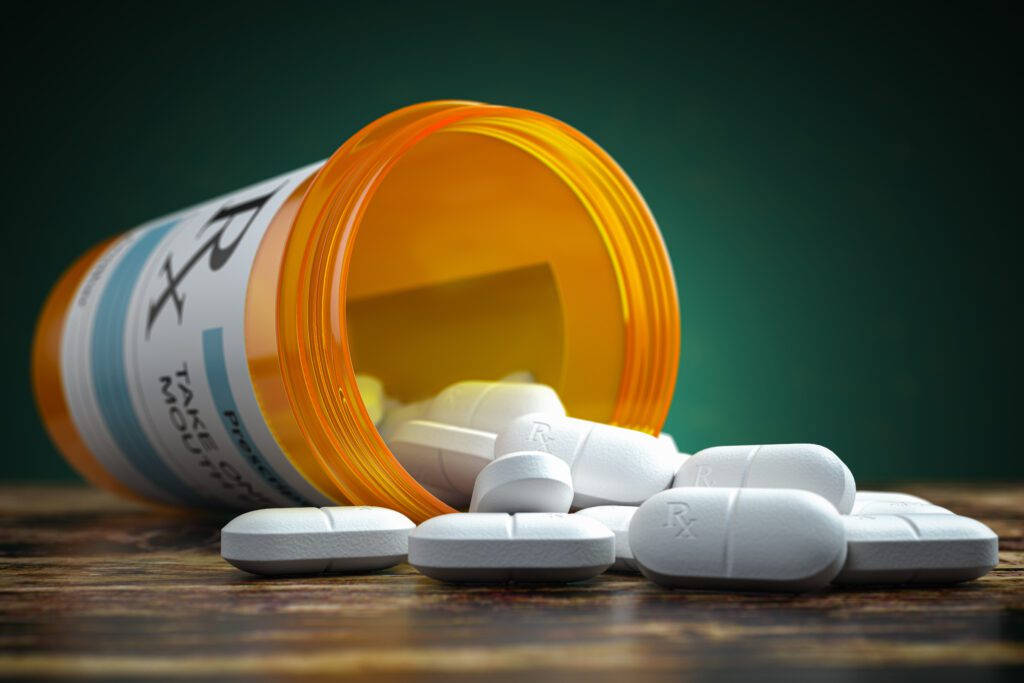by RYAN MILEJCZAK
Sponsored by Central Florida Health Care
Opioid addiction is one of the biggest concerns here in the U.S. right now. It has affected people across our nation and right here in Central Florida.
Central Florida Health Care’s Dr. Amber Popovitz-Gale, a licensed clinical psychologist, has worked extensively with patients struggling with opioid addiction.
While opioids are a powerful tool for pain management, their addictive potential can be dangerous for many. A number of factors can make addiction more likely.
“Opioids are most commonly used for pain management, and they’ve been found to be rather addictive,” explains Popovitz-Gale, who is known to her patients as Dr. PG.
“When it comes to addiction, there are a couple of things that increase the risks: One, if you already have addictive tendencies. Two, if you have mental health concerns. And then three, if you are using opioids as prescribed and have them reduced, maybe even appropriately, by your provider but you’re still having a lot of pain and you continue using opioid medications.”
If someone close to you is addicted to, or forming an addiction to, opioids, you may notice certain signs.
“If you notice that someone is going through their medication more rapidly than they generally do, that’s a pretty clear sign of a problem,” Popovitz-Gale says.
“Another sign is excessive tiredness. One more sign is that they go to multiple providers, in other words, they are doctor shopping for pain medications.”
When it comes to those developing addictions, patients themselves may notice a variety of internal signs as well.
“If you’ve been prescribed medication for, say, a broken leg. It’s normal to think about needing that medication as it wears off and your pain level increases. But as your pain reduces, if you’re still thinking about it, asking yourself, ‘When can I take the medication? When can I get that next pill?’ That extreme focus and rumination on the medication is a pretty good sign that there may be an addictive process happening,” Popovitz-Gale says. “The same goes for if the medication is stopped and you find yourself trying to get it through alternative means.”
As opioid addiction progresses, it can cause a number of negative effects on the body, including long-term organ damage, cognitive deficits, and risk of overdose. On top of this, those who become addicted to prescription opioids may begin to use heroin or other illicit substances, which have even greater risks.
Thankfully there are plenty of options for support available to anyone at risk or struggling with addiction. By visiting their healthcare providers or a hospital, patients can receive a referral to a facility where they can detox. After this initial process, a number of other options are available, such as support groups to help patients improve their quality of life and cope with chronic pain. You can also support those in your life who are struggling with addiction by communicating openly with them and supporting them in any way you can.
For those recovering from addiction, there are a number of potential benefits.
“You’re going to save money, for one,” Popovitz-Gale explains.
“Being able to have that extra money that you were spending drug seeking is going to improve your overall quality of life. You’re also going to have better connections with others because you’re actually there in the moment. You’ll likely have more success at work and be able to find more fulfillment in more areas of life. You’ll also be able to support other people through their own addiction and be an example for others to move forward.”
